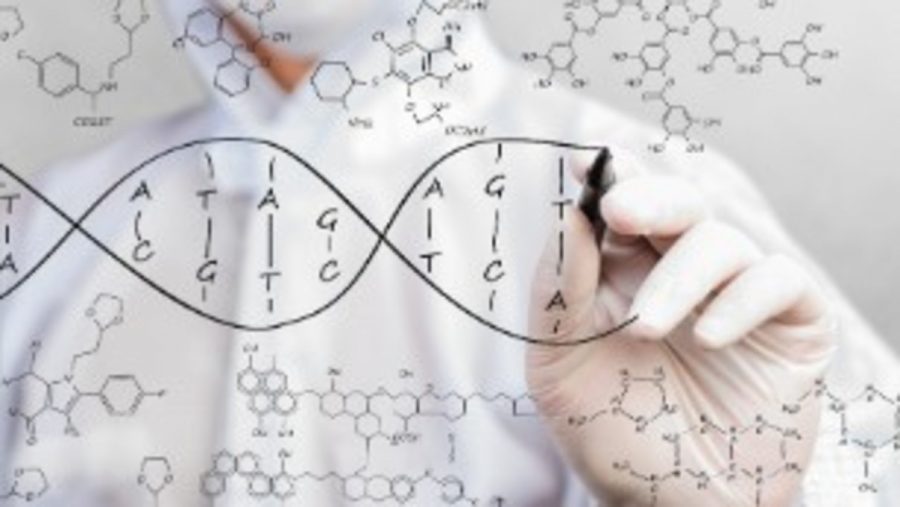By Sachi Bhati ’18, News Editor
About two million US citizens are affected by autism, a developmental disorder that has no cure. Researchers have been working for a long time towards a treatment. A unique study is being conducted at Duke University, where scientists are seeing whether a transfusion of the child’s own umbilical cord blood containing rare stem cells could help treat their autism. Although there are many unknowns regarding the treatment, the results have been promising: more than two-thirds of the children who participated in the study showed improvement.
Even though the researchers are not aware of all the consequences regarding the stem cell treatment, one of the families involved in the study have had remarkable results. Gracie Gregory is a seven-year old girl who was diagnosed with autism at the age of two. Before the stem cell treatment, Gracie would throw tantrums, which would “consume about 75% of [Gracie’s parents] daily routine. After her participation in the study, that figure has been reduced to a mere 10%.[i]” Occupational therapy is a common treatment method for autism, but in Gracie’s case, it was not a helpful method as she would still kick, scream, spit, and even hit her occupational therapist. Results of the treatment have allowed Gracie to start attending school, where she is thriving. The occurrence of her tantrums has decreased, while her affection has increased.
This is not the first case where stem cell research has helped those who are affected with an illness improve with an umbilical cord blood treatment. Dr. Joanne Kurtzberg, one of the lead researchers for this study, previously used the cord blood on children with cerebral palsy. When that study gave positive results with children who displayed autistic symptoms, she began to study cord blood specifically for autism.
For the most part, the results have been positive, but since there is no “comparison group, [it’s difficult to] establish whether a treatment is actually effective,” says Kurtzberg.
[i] http://www.cnn.com/2017/04/05/health/autism-cord-blood-stem-cells-duke-study/



